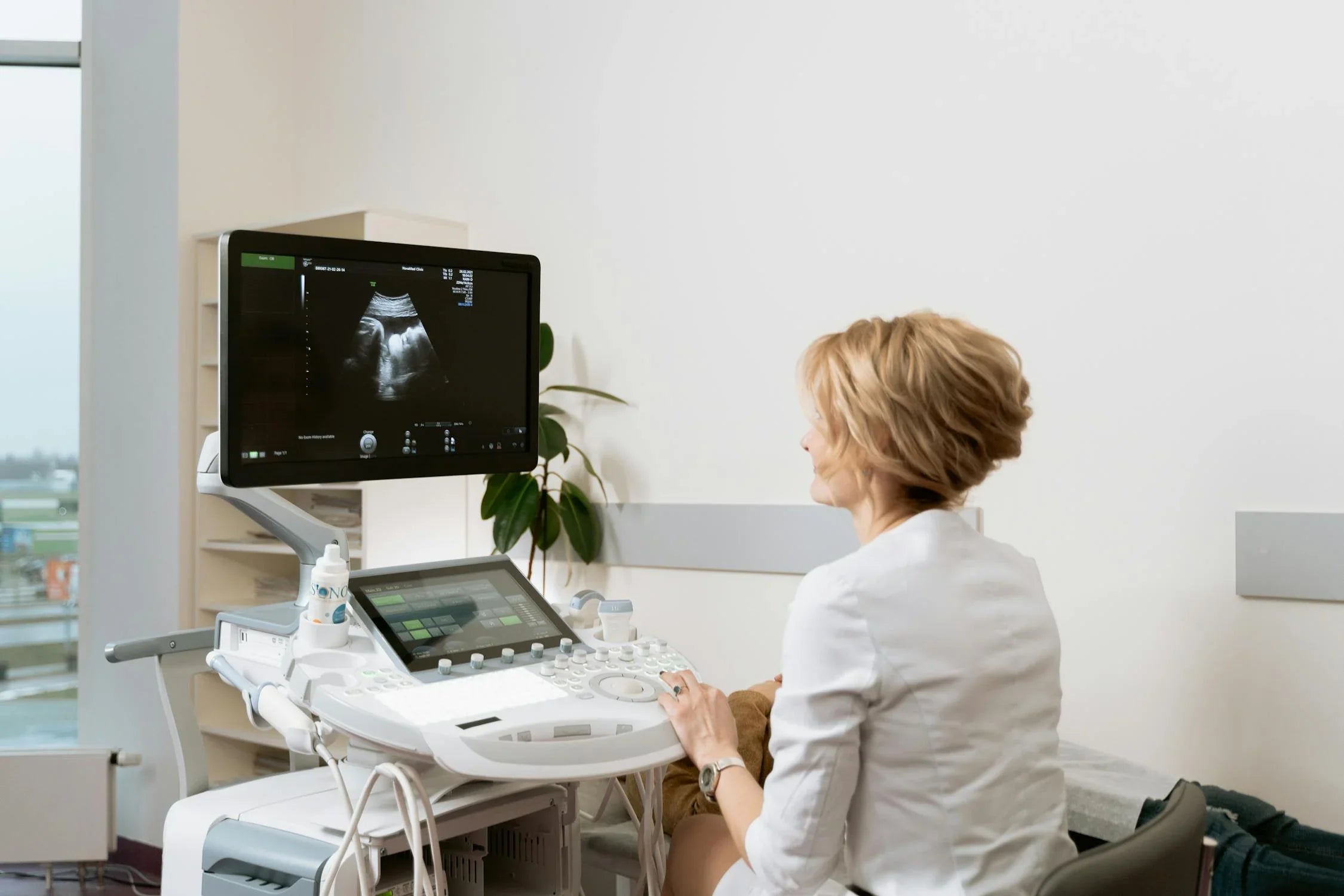Accueil
Pregnancy, Breastfeeding, and Pumping: The Ultimate Guide for Moms
How Long Will a Pregnancy Test Read Positive: What You Need to Know

How Long Will a Pregnancy Test Read Positive: What You Need to Know
When it comes to pregnancy tests, one of the most common questions is: how long will a pregnancy test read positive? The answer isn't always straightforward, as it depends on various factors, including the type of test, the timing of the test, and individual biological differences. Understanding these factors can help you interpret your results more accurately and make informed decisions about your next steps.
The Science Behind Pregnancy Tests
Pregnancy tests work by detecting the presence of a hormone called human chorionic gonadotropin (hCG) in your urine or blood. This hormone is produced by the placenta shortly after a fertilized egg attaches to the uterine lining. The levels of hCG increase rapidly in the early stages of pregnancy, doubling approximately every 48 to 72 hours.
Most home pregnancy tests are designed to detect hCG levels above a certain threshold, typically around 25 mIU/mL. However, the sensitivity of the test can vary, and some tests may detect lower levels of hCG. This is why some tests can provide a positive result earlier than others.
How Long Will a Pregnancy Test Read Positive?
The duration for which a pregnancy test will read positive depends on several factors:
- Type of Test: Home pregnancy tests typically remain positive for a few days after a missed period, while blood tests can detect hCG for a longer period.
- Timing of the Test: Taking the test too early or too late can affect the result. Testing too early may result in a false negative, while testing too late may show a positive result even if the pregnancy is no longer viable.
- Individual Biological Differences: The rate at which hCG levels rise and fall can vary from person to person. Some individuals may have higher or lower levels of hCG, which can affect how long the test reads positive.
What Happens After a Positive Test?
If you receive a positive result on a pregnancy test, it's important to confirm the result with a healthcare provider. They may perform a blood test to measure your hCG levels more accurately and determine the viability of the pregnancy. In some cases, a positive test result may be due to a chemical pregnancy, which is an early miscarriage that occurs before the pregnancy can be detected on an ultrasound.
It's also important to consider the emotional and psychological impact of a positive pregnancy test. Whether you're planning to continue the pregnancy or not, it's essential to seek support from healthcare professionals, friends, and family.
False Positives and Other Considerations
While a positive pregnancy test is usually a reliable indicator of pregnancy, there are some situations where a false positive can occur. These include:
- Medications: Certain medications, such as those containing hCG, can cause a false positive result.
- Medical Conditions: Conditions such as ovarian cysts or certain types of cancer can produce hCG and lead to a false positive.
- Evaporation Lines: Sometimes, an evaporation line can appear on a pregnancy test, which may be mistaken for a positive result.
If you suspect a false positive, it's important to consult with a healthcare provider for further testing and evaluation.
What If the Test Turns Negative Later?
In some cases, a pregnancy test may initially read positive but later turn negative. This can happen for several reasons:
- Chemical Pregnancy: As mentioned earlier, a chemical pregnancy is an early miscarriage that occurs before the pregnancy can be detected on an ultrasound. In this case, hCG levels may drop, causing the test to turn negative.
- Testing Too Early: If you take the test too early, you may get a positive result, but if the pregnancy is not viable, hCG levels may drop, and the test may turn negative later.
- Testing Errors: Improper use of the test, such as not following the instructions correctly, can also lead to inaccurate results.
If you experience a change in your test results, it's important to consult with a healthcare provider to determine the cause and discuss your options.
When to Seek Medical Advice
If you have any concerns about your pregnancy test results, it's always a good idea to seek medical advice. A healthcare provider can perform additional tests, such as a blood test or ultrasound, to confirm the pregnancy and assess its viability. They can also provide guidance on next steps, whether you're planning to continue the pregnancy or not.
Additionally, if you experience symptoms such as severe pain, heavy bleeding, or dizziness, it's important to seek medical attention immediately, as these could be signs of a complication.
Emotional Support and Resources
Receiving a positive pregnancy test result can be an emotional experience, whether it's a planned pregnancy or not. It's important to seek support from healthcare professionals, friends, and family during this time. There are also many resources available, such as counseling services and support groups, that can help you navigate the emotional and psychological aspects of pregnancy.
If you're unsure about your next steps, consider discussing your options with a healthcare provider or counselor who can provide unbiased information and support.
Understanding how long a pregnancy test will read positive is just one piece of the puzzle. By considering the factors that influence the results and seeking appropriate medical advice, you can make informed decisions about your health and well-being. Whether you're planning to start a family or not, knowing what to expect can help you navigate this important time in your life with confidence.
Partager

